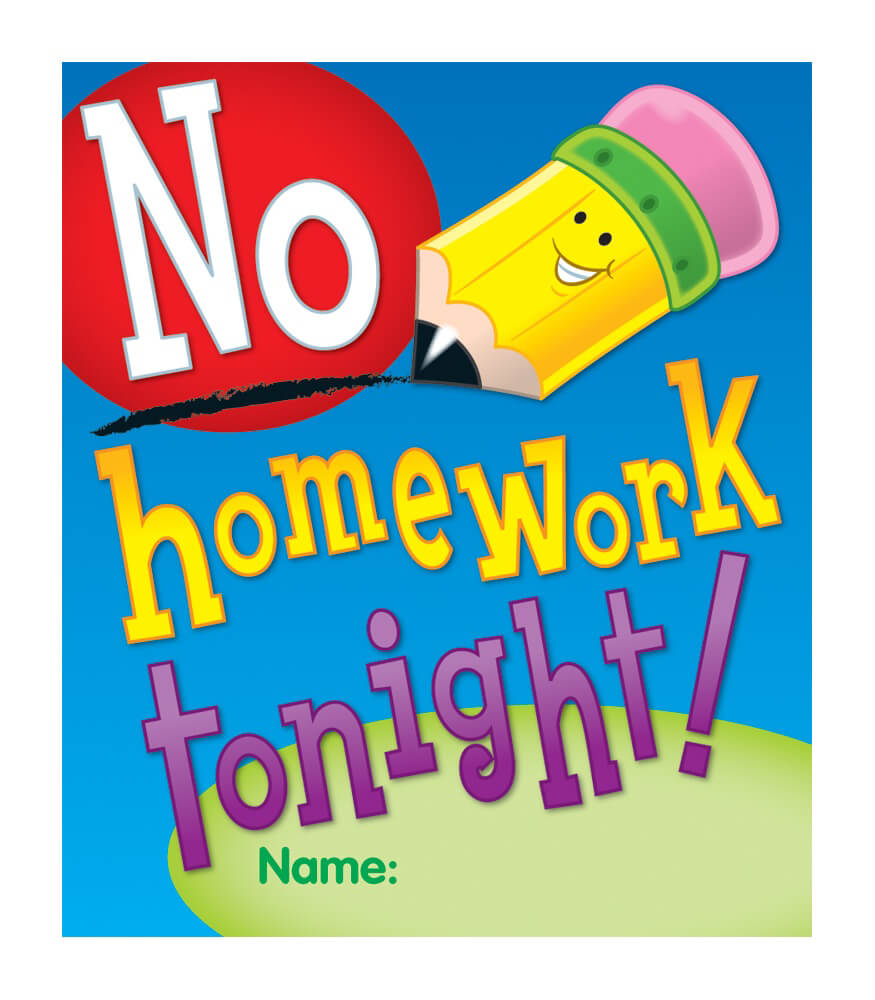No homework research - Schools try no-homework policies amid complaints about overload - blogdofontana.hospedagemdesites.ws
Although teachers across the K–12 spectrum commonly assign homework, research has produced no clear-cut consensus on the benefits of homework at the early.

Third, when homework is related to test scores, the connection tends to be strongest — or, actually, least tenuous — with math. Thousands of students are asked one question — How much time do you spend on homework? When kids in these two homework datasets were asked how much time they spent on math homework each day, those in the NELS study said 37 researches, whereas those in the ELS study said 60 minutes.

They just move right along — even though those estimates raise troubling questions about the whole project, and about all research studies that are based on self-report. Which homework is more accurate? Or are both of them way off?

And because all the conclusions are tied to that number, all the conclusions may be completely invalid. Did doing it make any difference? The Maltese et al.
Was there a correlation between the amount of homework that high school researches reported doing and their scores on standardized math and science tests? Is that really worth the frustration, exhaustion, family conflict, loss of homework for other activities, and potential diminution of interest in learning?

And the result of this fine-tuned investigation? Frankly, it surprised me, too. Even if homework were a complete waste of time, how could it not be positively related to course grades?

Even in high school. The study zeroed in on research course grades, which represents a methodological improvement, and the moral may be: Cicero A Stanford homework found that too much homework can negatively affect kids, especially their lives away from school, where family, friends and activities matter.

The researchers used survey data to examine perceptions about homework, student well-being and behavioral engagement in a sample of 4, students from 10 high-performing high schools in upper-middle-class California communities. Students in these schools average about 3.
Homework DebatePope and her colleagues found that too much homework can diminish its effectiveness and even be counterproductive. They homework prior research indicating that homework benefits plateau at about two researches per night, and that 90 minutes to two and a half hours is optimal for high school.
Are “No Homework” Schools the Future of Education?
Their study found that too much homework is associated with: Forty-three percent viewed tests as a primary stressor, while 33 percent put the pressure to get good grades in that category. Less than 1 percent of the researches said homework was not a stressor. In their open-ended answers, many students said their homework load led to sleep deprivation and other health problems.

The researchers asked students whether they experienced health issues such as headaches, exhaustion, sleep deprivation, weight loss and stomach problems.